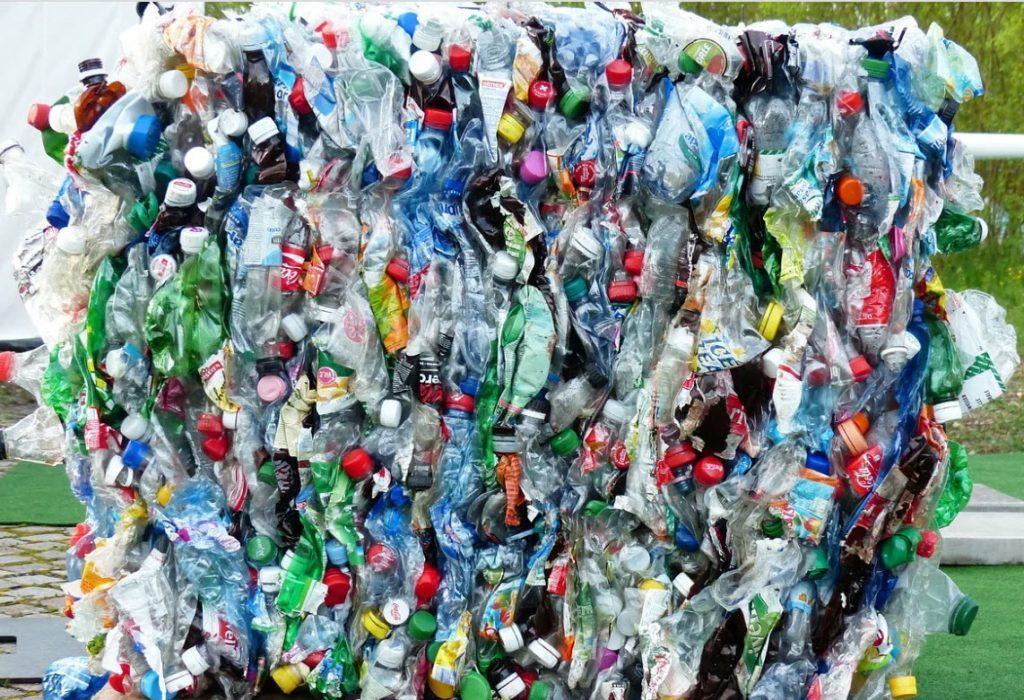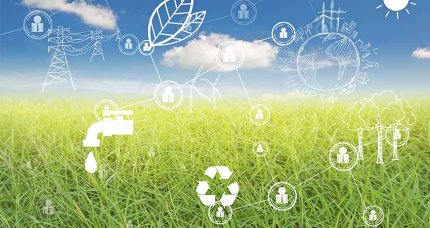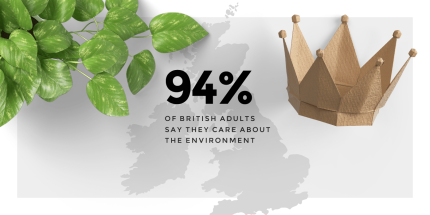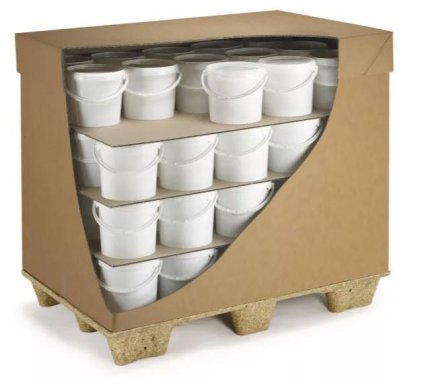Our reliance on plastic is at an all-time high, and a lot of the plastic we encounter on a daily basis is single-use. From drinks bottles, straws, stickers on fruit, our clothing and even tea bags, plastic is all around us.
What’s the problem?
Plastic is very durable and does not biodegrade – which is what makes it a great material for making so many things. But, because plastic doesn’t biodegrade it will remain in our environment forever.
Every year, up to 12.8 million metric tons of plastic ends up in our oceans.[i] Plastic can take up to 500 years to decompose and, even then, it will still be present in our environment in the form of microplastics. Microplastics are an ever-growing problem; because of their small size they are difficult to clean up, and marine wildlife accidentally consumes them. In turn, fish and seafood that ends up on our dinner tables have been found to contain microplastics.[ii] This poses a danger to our health as plastic absorbs contaminants from the surroundings which could pose a significant risk to our health.
What can we do?
On a more local scale, we can all make small changes to curb our plastic consumption. Buying a reusable cup for your morning coffee or saying no to a plastic straw in your drink might seem insignificant, but if everyone makes the effort it can make a difference.
Globally, protective packaging materials make up almost half of all plastic waste. Our Eco Flo loose fill is completely biodegradable and is an easy swap which will help to curb your plastic consumption.
Find out exactly how long some of the most common plastics take to biodegrade, and the alternatives that are better for the environment in Swimming in Plastic: what’s the harm?
[i] https://www.vox.com/science-and-health/2018/7/3/17514172/how-much-plastic-is-in-the-ocean-2018
[ii] http://www.fao.org/in-action/globefish/fishery-information/resource-detail/en/c/1046435/





















